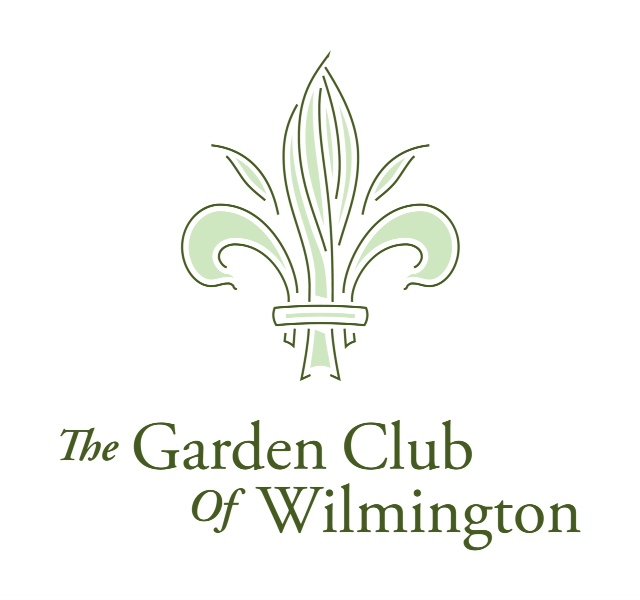University of Delaware Botanic Garden Awarded Specialty Crops Grant from USDA
In May of 2022, UDBG received funding for a three-year trial researching alternatives to commonly used invasive groundcovers. As of July 1, 2022, select species listed as invasive by the state of Delaware on Title 3 Chapter 29 are prohibited from production, delivery, and sale in the First State. Upon implementation of Title 3 by the DE Department of Agriculture, growers and distributors will need to fill the void created by this legislation with direct alternatives to retain both the profits and the plant palette of their customers.
In response, UDBG aims to identify and promote the use of similarly performing groundcovers as replacements to four commonly used invasive groundcovers listed on Title 3 §2904 (Hedera helix, Pachysandra terminalis, Vinca minor, and Lysimachia nummularia). With their research findings, they hope to stimulate both supply and demand of alternatives through education, and equip landscape professionals, master gardeners, and homeowners with viable non-invasive alternatives that perform well in a landscape setting.
The performance of selected groundcovers will be evaluated in a three-year trial using randomized, side-by-side comparisons of potential replacements with their known invasive counterparts. To view the list of all alternative groundcovers being actively trialed at UDBG, CLICK HERE.
Data is taken monthly to evaluate each trial plant’s color, vigor, and weed suppression capability. They also take note of any apparent diseases and pathogens that may prevent plants from doing well in a landscape setting.
In addition to planting in the formal trials, UDBG also installed test plots of each alternative plant throughout our campus. These areas will help identify how these plants perform in a true landscape setting, with less standardized soil conditions and competition from surrounding perennials and trees. Insight from these informal trials will help guide UDBG’s cultural recommendations and planting instructions.
UDBG will share its findings with both consumers and industry professionals through targeted presentations including:
1. Site tours
2. Presentations to landscape professionals
3. Virtual and in-person training sessions for Master Gardeners
The University of Delaware Botanic Gardens is an outdoor classroom and laboratory that contributes to an understanding of the changing relationships between plants and people through education, extension, research and community support. UDBG maintains a diverse and dynamic living plant collection of more than 3,000 species and cultivars of perennials, shrubs and trees.

